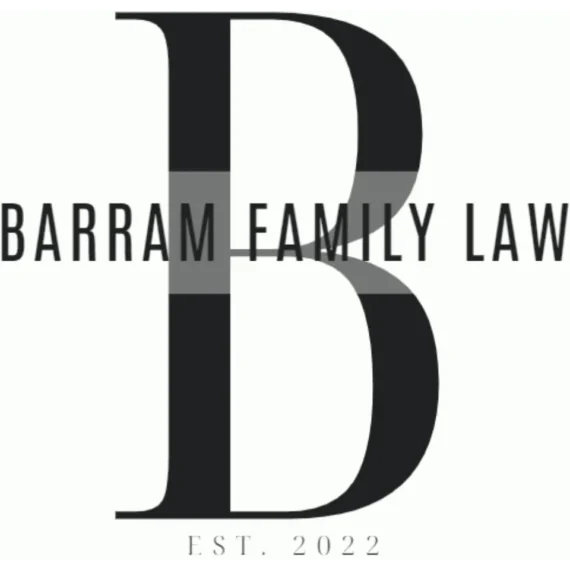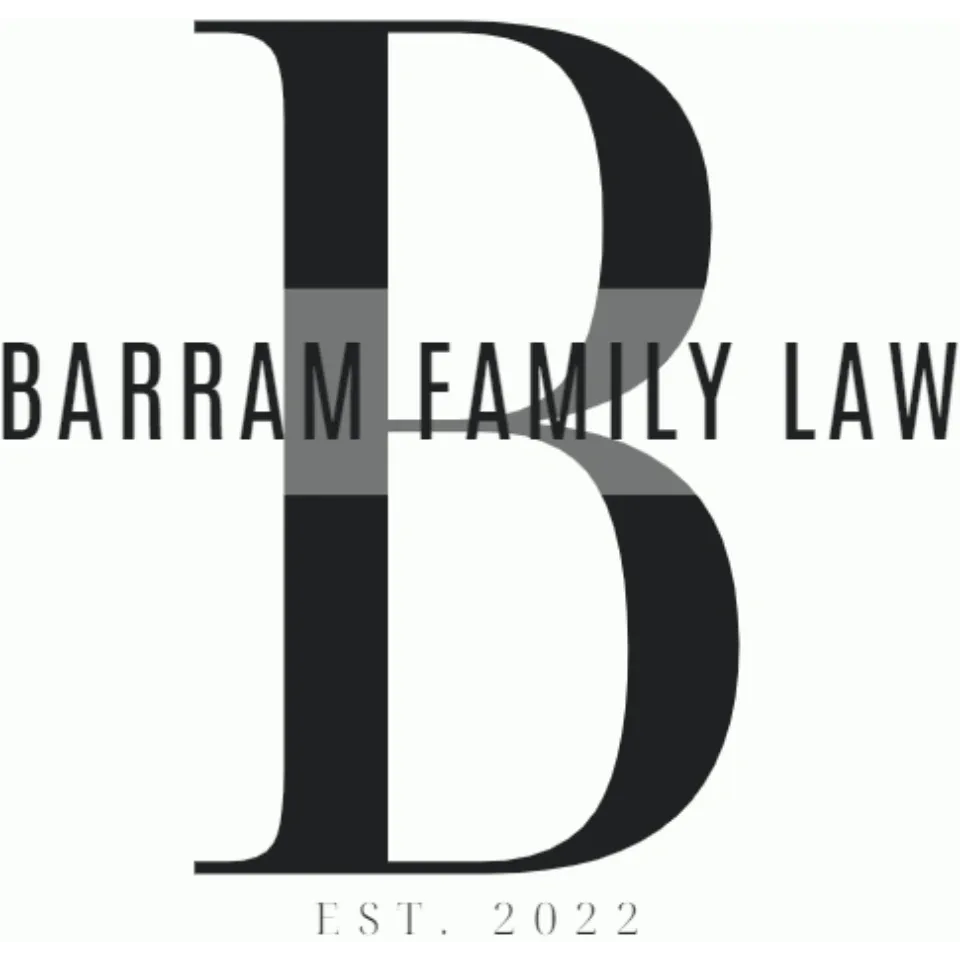What should you do when served Court Documents?
17 January 2023
Court documents most commonly served in family law matters include:
1. Application for Divorce (an application asking the Court to Order that a marriage is terminated);
2. Initiating Application (an application asking the Court to make certain Orders the applicant desires, and usually Orders for parenting arrangements and/or for the division of assets, debts and superannuation as and between the applicant and their ex).
Invariably such applications are served with supporting documents such as:
1. documents setting out sworn / affirmed evidence the applicant wants to rely on to have the Court make the Orders she / he seeks (e.g. an Affidavit, Financial Statement);
2. documents addressing compliance / non-compliance with legislated pre-action procedures (e.g. Genuine Steps Certificate, Undertaking as to Disclosure);
3. documents used by the Court to notify third parties, such as the Department of Child Safety, of asserted risks pertaining to children so such third parties can intervene if they consider it necessary to do so (e.g. Notice of Child Abuse, Family Violence or Risk);
4. submissions outlining why the Orders sought should be made (e.g. Financial Questionnaire or Parenting Questionnaire).
Where a bailiff personally serves such documents, especially unexpectedly, the recipient may experience anxiousness, confusion and uncertainty for what the future holds.
So, what should the recipient do once served?
1. Obtain legal advice and representation as soon as possible, even if it is free (e.g. from Legal Aid). Do not wait a fortnight or even a week as there are strict standard time limits governing how long a recipient has to respond. Sometimes these time limits are shortened even further because the application has been listed for urgent hearing.
2. Write a list setting out which of the Orders the applicant is seeking you disagree with and have this with you when obtaining legal advice. Also set out reasons you disagree with each of the Orders sought, and why.
3. Prepare a chronology setting out what parenting arrangements have been in place since the children were born, why such arrangements have been in place, and key events relating to the children including risk (incidents involving family violence, parental incapacity, drugs, alcohol, ill mental health, inadequate supervision or anything else which has placed or may place children or a party to the proceedings in harm’s way).
4. If you want Orders made which are different to those sought by the applicant, respond, with assistance from a lawyer, to the application by filing required material (which is similar to the material filed by the applicant).
Although being served with Court material in a family law matter may come as a shock, and it may be tempting to try to ‘run away’ from the problem by doing nothing, doing nothing will only make the situation worse. Instead, confront the problem, but do so with guidance from an experienced family lawyer who has helped people confront the problem many times before.



